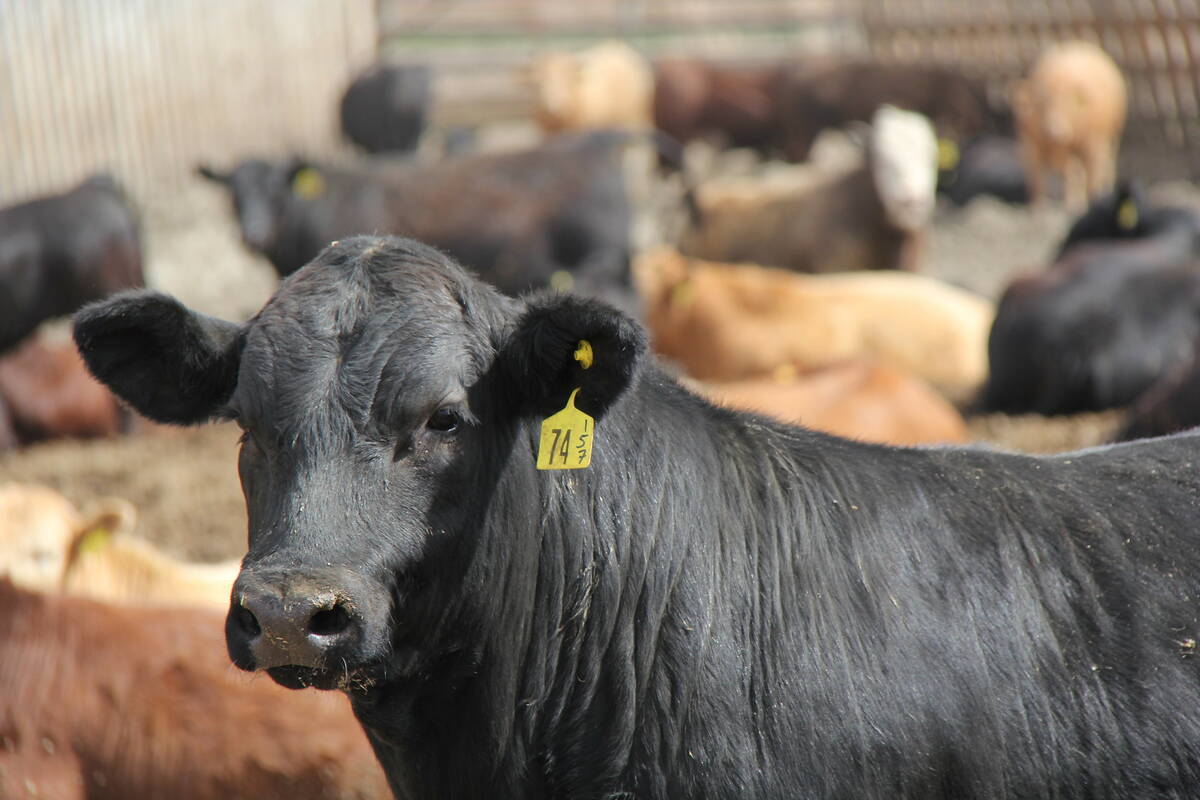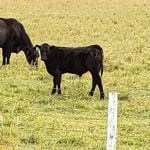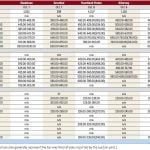Alberta’s beef cattle industry is mourning a renowned livestock geneticist credited with "revolutionizing" the business by pioneering selective cross-breeding of cattle.
Dr. Roy Berg died Tuesday at age 85 after a "long illness," the University of Alberta said Wednesday.
Berg’s hybrid breeding programs led to a 30-40 per cent increase in production, helping make Alberta a "world leader" in beef production, the university said.
"He was one of the best-known professors ever to work in our faculty and his impact on the agricultural sector in Alberta is unparalleled," John Kennelly, dean of the U of A’s faculty of agricultural, life and environmental sciences, said in a release.
Read Also

Klassen: Cash feeder market divorces from futures market
For the week ending October 11, Western Canadian yearling markets traded $8/cwt higher to $5/cwt lower compared to seven days…
Raised on a farm north of Brooks at Millicent, Alta., Berg came to the U of A faculty as an assistant professor in 1955. He helped secure provincial funding for a beef cattle breeding facility at Kinsella, between Edmonton and Lloydminster.
Berg’s research "proved very controversial, as the prevailing wisdom in the beef cattle industry at the time was to use purebred cattle," the U of A said.
"Ranchers thought that by crossbreeding, we would ruin the herds. They used the word ‘mongrelized,’" Mick Price, a fellow U of A researcher, recalled. "They thought that once you mongrelized the breed, you’d never get back the beauty that was the Alberta herd and everybody would be ruined."
"If you were breeding a pure Hereford, you really felt good about it," Berg recalled in a U of A article in 2008. "And (ranchers) thought that crossing them was just making a mess of it, because they didn’t look nice."
Berg’s cross-breeding, however, modified the proportion of bone, fat and muscle and improved the growth rate in cattle, increasing productivity by 30 per cent or more, the U of A said.
Berg served a term in 1977 as chair of the U of A department of animal science before serving a term as dean of the faculty of agriculture and forestry.
Among other honours during his career, the U of A noted, Berg was inducted into the Alberta Agricultural Hall of Fame and the International Stockman’s Hall of Fame in 1989 and received and the Alberta Centennial Medal in 2005.
No information was immediately available on a memorial service for Berg, who’s survived by his wife, four children and five grandchildren.
















